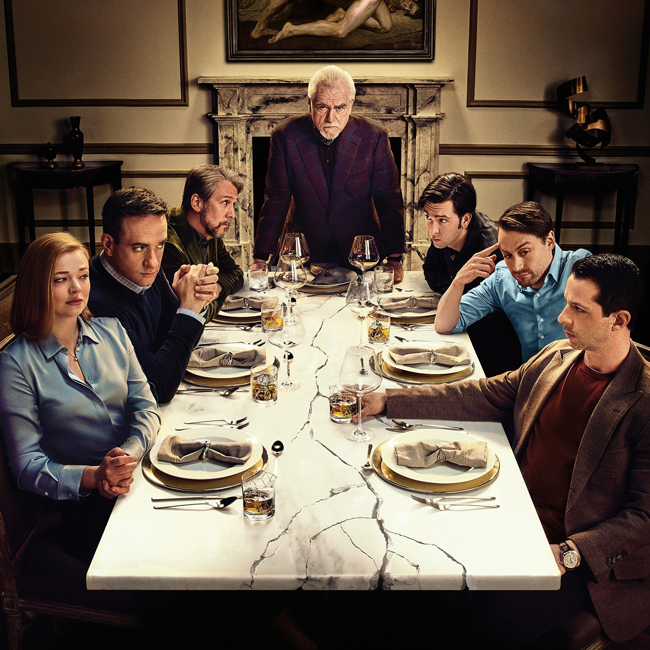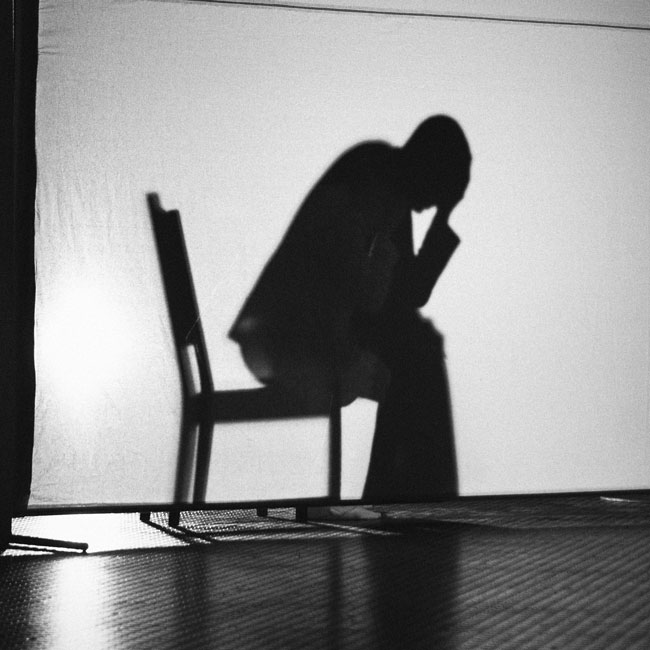
Three years ago, the eye-wateringly expensive television show See aired. Starring Jason Momoa, the budget for the show tapped out at around a million dollars per episode, a ludicrous amount of money even in today’s age.
As to what See is about – well, that’s not really worth discussing. Because chances are you haven’t seen it, and, in all likelihood, you’re not going to. What matters is that this was a massive piece of content that sank without a single trace. Ten years ago, a product like that would have been a big deal, no matter whether people liked it or not. It would have been, regardless of reception, an event. Instead, it’s one of a laundry list of shows that feel like they simply don’t exist.
This is what it means to be in the world of peak content. Every movie you loved as a kid is being rebooted; every franchise is being restarted; every actor you have even a passing interest in has their own four season long show.
But what is so much content doing to us? And how is it affecting the way we consider art?
The tyranny of choice
If you own a television, chances are you have found yourself parked in front of it, armed with the remote, at a complete loss as to what to watch. Not because your choices are limited. But because they are overwhelmingly large.
This is an example of what is known as “the tyranny of choice.” Many of us might believe that more choice is necessarily better for us. As the philosopher Renata Salecl outlines, if you have the ability to choose from three options, and one of them is taken away, most of us would assume we have been harmed in some way. That we’ve been made less free.
But the social scientists David G. Myers and Robert E. Lane have shown that an increase in choice tends to lead to a decrease in overall happiness. The psychologist Barry Schwartz has explained this through what he understands as our desire to “maximalise” – to get the best out of our decisions.
And yet trying to decide what the best decision will be takes time and effort. If we’re doing that constantly, forever in the process of trying to analyse what will be best for us, we will not only wear ourselves down – we’ll also compare the choice we made against the other potential choices we didn’t take. It’s a kind of agonising “grass is always greener” process, where our decision will always seem to be the lesser of those available.
The sea of content we swim in is therefore work. Choosing what to watch is labour. And we know, in our heart of hearts, that we probably could have chosen better – that there’s so much out there, that we’re bound to have made a mistake, and settled for good when we could have watched great.
The big soup of modern life
When content begins to feel like work, it begins to feel like… well, everything else. So much of our lives are composed of labour, both paid and unpaid. And though art should, in its best formulation, provide transcendent moments – experiences that pull us out of ourselves, and our circumstances – the deluge of content has flattened these moments into more capitalist stew.
Remember how special the release of a Star Wars movie used to feel? Remember the magic of it? Now, we have Star Wars spin-offs dropping every other month, and what was once rare and special is now an ever-decreasing series of diminishing returns. And these diminishing returns are not being made for the love of it – they’re coming from a cynical, money-grubbing place. Because they need to make money, due in no small part to their ballooning budgets, they are less adventurous, rehashing past story beats rather than coming up with new ones; playing fan service, instead of challenging audiences. After all, it’s called show business for a reason, and mass entertainment is profit-driven above all else, no matter how much it might enrich our lives.
This kind of nullifying sameness of content, made by capitalism, was first outlined by the philosophers Theodor Adorno and Max Horkheimer. “Culture now impresses the same stamp on everything,” they wrote in Dialectic of Enlightenment. “Films, radio and magazines make up a system which is uniform as a whole and in every part.”
Make a choice
So, what is to be done about all this? We obviously can’t stop the slow march of content. And we wouldn’t even want to – art still has the power to move us, even as it comes in a deluge.
Of course, being more aware of what we consume, and when we consume it, and why won’t stop capitalism. But it will change our relationship with art.
The answer, perhaps, is intentionality. This is a mindfulness practice – thinking about what we’re doing carefully, making every choice with a weight and thrust. Not doing anything passively, or just because you can. But applying ourselves fully to what we decide, and accepting that is the decision that we have made.
The filmmaker Jean-Luc Godard once said that at the cinema, audience goers look up, and at home, watching TV, audience goers look down. As it turns out, we look down at far too much these days, regardless of whether we’re at home or in the cinema. We take content for granted; allow it to blare out across us; reduce it to the status of wallpaper, just something to throw on and leave in the background. It becomes less special, and our relationship to it becomes less special too.
The answer: looking up. Of course, being more aware of what we consume, and when we consume it, and why won’t stop capitalism. But it will change our relationship with art. It will make us decision-makers – active agents, who engage seriously with content and learn things through it about our world. It will preserve some of that transcendence. And it will reduce the exhausting tyranny of choice, and make these decisions feel impactful.
Ethics in your inbox.
Get the latest inspiration, intelligence, events & more.
By signing up you agree to our privacy policy
You might be interested in…
Opinion + Analysis
Relationships, Society + Culture
Meet David Blunt, our new Fellow exploring the role ethics can play in politics
Opinion + Analysis
Society + Culture
11 books, films and series on the ethics of wealth and power
Opinion + Analysis
Relationships, Society + Culture
Inside The Mind Of FODI Festival Director Danielle Harvey
Opinion + Analysis
Politics + Human Rights, Society + Culture




